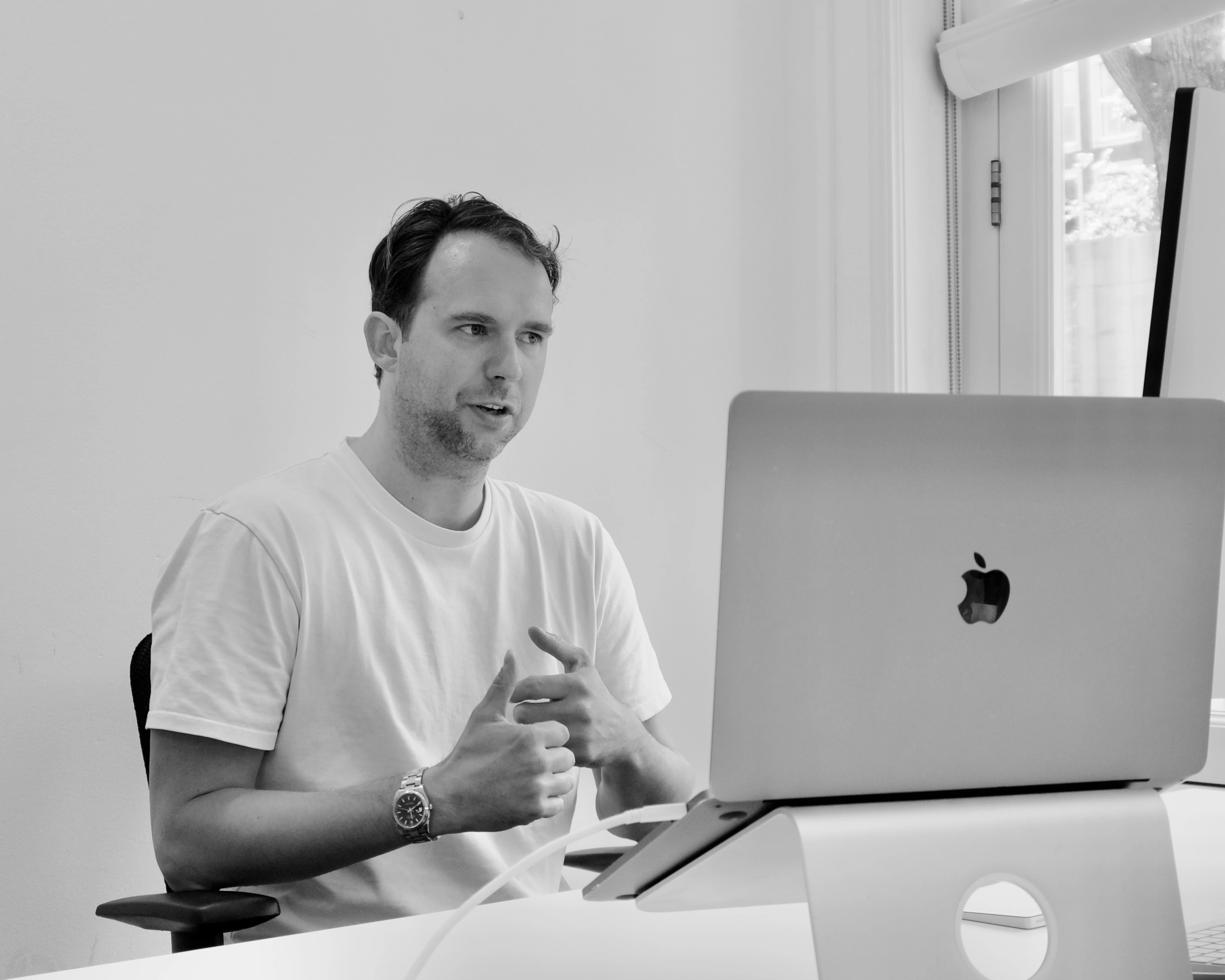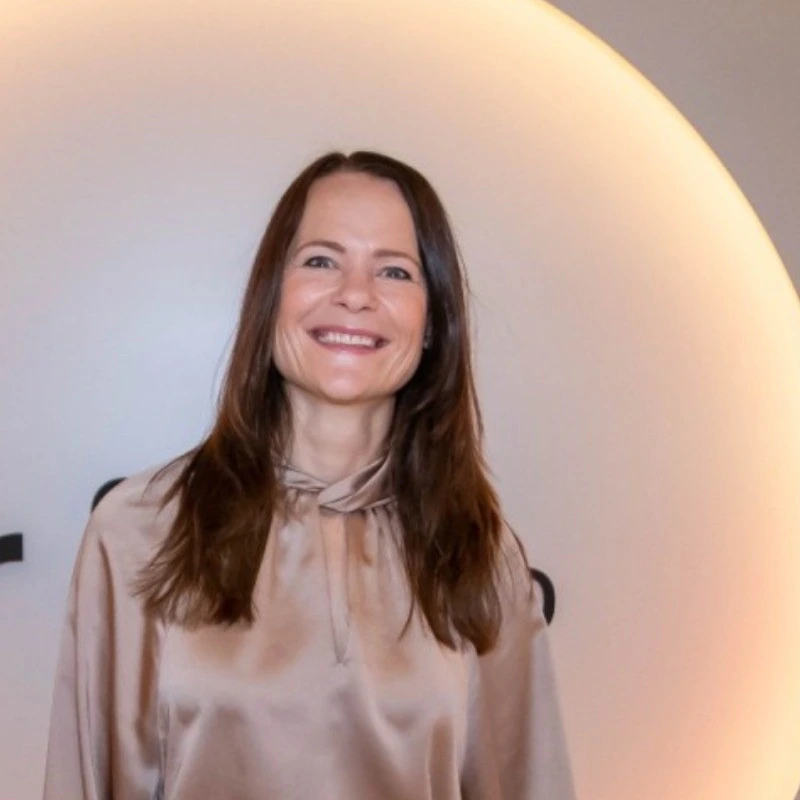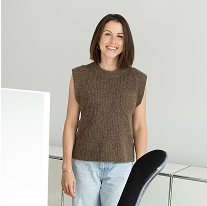Calculate your emergency fund - how much do you need?
Research by the NIBUD has shown that almost half of all Dutch people cannot cope with a major financial setback, such as a broken car. Sometimes this has major consequences. That is why it is useful to keep some money in reserve that you can fall back on. The money that you reserve for unforeseen circumstances is called a buffer. In this article you will read what a good buffer is and how you can build one.
What is a good buffer?
The definition of a good buffer depends on your situation. For example, a family with children needs a larger buffer than someone who lives alone. In general, a good buffer means that you:
- Replace material things in and around your house directly
- Paying for the maintenance of your home and/or car
- Becoming (temporarily) unemployed
- Being able to pay unforeseen healthcare costs
Without having to worry about your financial situation.
Calculate your buffer
There are several tools to calculate what kind of buffer you need for your living situation. The Buffer Calculator from NIBUD is one of the best known.
On average, according to the NIBUD (National Institute for Family Finance Information), a Dutch person needs €18,250 as a buffer. That seems like a lot, but this calculation also includes the replacement value of a car, for example.
Good to know: The NIBUD calculation does not take your work situation into account. If you also need a buffer for this, you must calculate it manually.
How do you build up a buffer?
There are generally two different ways to build a buffer:
- Saving
- Investing
If you're saving for a buffer, it's wise to set aside an amount periodically, for example, every month. The NIBUD (National Institute for Family Finance Information) advises reserving at least 10% of your net income as a buffer. It is wise to transfer this money directly to a separate savings account as soon as you receive your salary. This prevents you from using it for other purposes.
Another way to build a buffer is to invest. When you invest money, you put it in the hope that it will be worth more in the future. You can invest your money in countless ways. For example, in companies, commodities and bonds. Does investing seem interesting to you, but you don't feel like spending time on it? Then Vive might be for you.

maak een afspraak
Klaar voor een moderne oplossing voor pensioen of vermogen? Maak vrijblijvend kennis met Vive en ontdek wat kan - voor jouw organisatie.
Complex pensioen, simpel uitgelegd - weet direct waar je staat
Persoonlijk gesprek voor jouw situatie en die van je werkenemers
In 30 minuten meer duidelijkheid dan uren googlen
Alle ruimte voor vragen aan onze ervaren pensioenexperts









